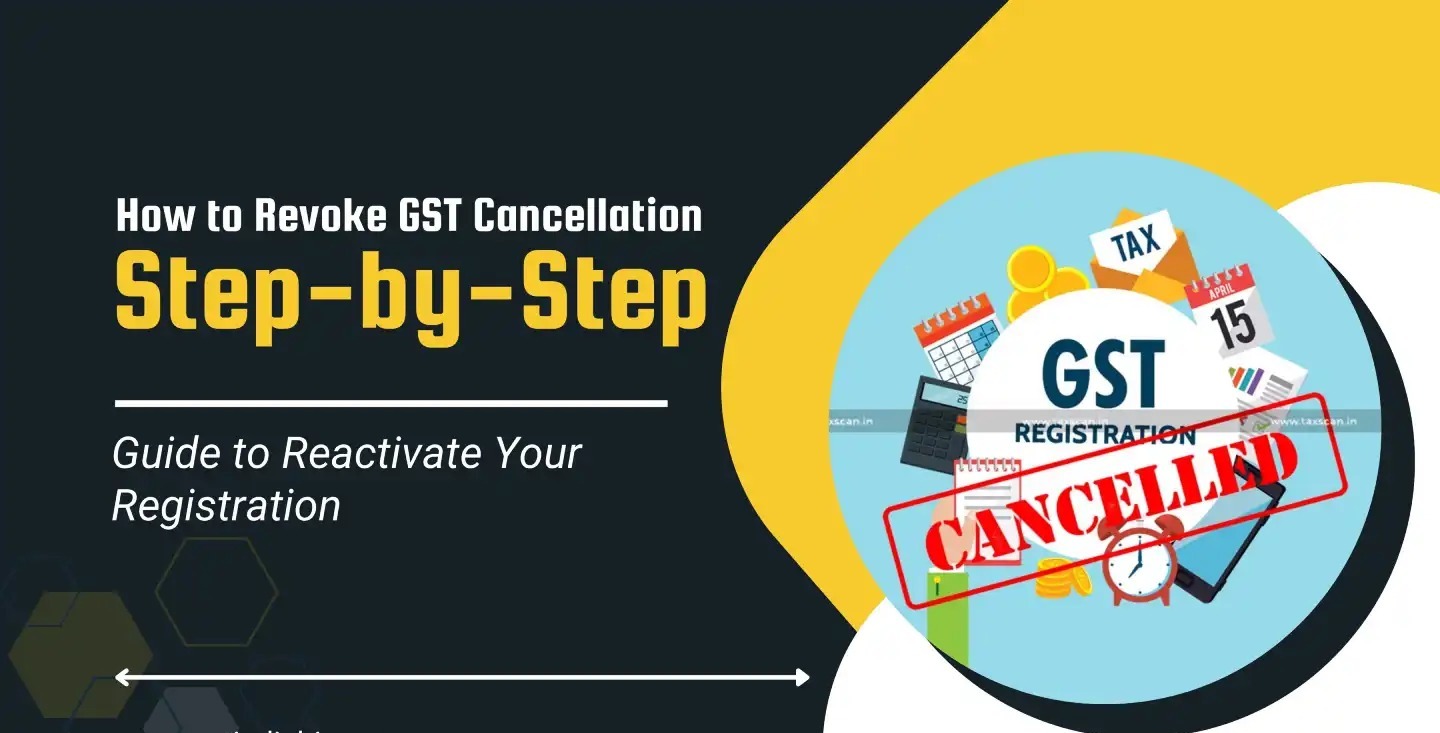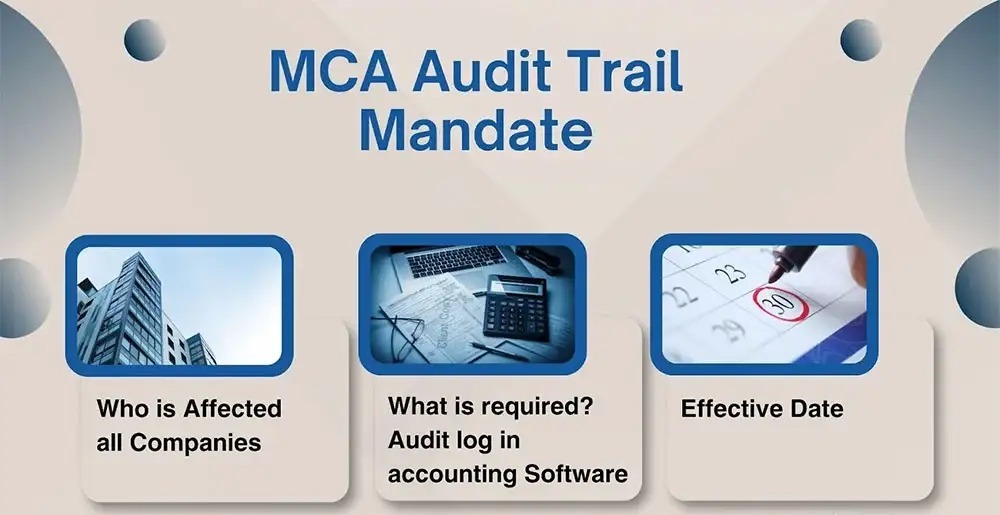Biswanath Somadder, J.@mdashAffidavit-of-service filed in Court today be kept on record. The petitioner No. 1 is a cooperative society of which the petitioner No. 2 is its Secretary. In the instant writ petition serious allegations have been made with regard to bogus delegates whose names appear in the voters'' list for the purpose of electing a Board of Directors for the apex cooperative society, i.e., West Bengal State Handloom Weavers'' Cooperative Society Ltd. (for short, referred as Tantuja).
2. It appears that the Registrar of Cooperative Societies, West Bengal, by an order dated 21st April, 2011, appointed a Special Officer in terms of section 31(c) of the West Bengal Cooperative Societies Act, 1983, following an order passed by this Court dated 17th March, 2011, in another writ petition, being WP 4608 (W) of 2011.
3. It has been specifically submitted by the learned advocate, representing the petitioners that the West Bengal Cooperative Societies Act, 3983, was repealed and replaced by the West Bengal Cooperative Societies Act, 2006, with effect from 18th January, 2011. As such, there was no question of a Special Officer being appointed under an Act which was no longer in force.
4. On behalf of the State, the learned Government Pleader enters appearance and submits that the allegations made in the writ petition are quite serious and are required to be looked into thoroughly. So far as steps taken by the Special Officer to hold election for constituting a Board of Directors for Tantuja is concerned, he submits that this Court may pass necessary orders as it may deem fit and proper.
5. The learned advocate representing Tantuja, however, submits that a writ does not lie against West Bengal State Handloom Weavers'' Cooperative Society Ltd. In this context, he relics on a Division Bench judgment of this Court rendered in Bikash Talukdar vs. State of West Bengal & Ors. reported in 2004(2) CLT 4.
6. Since a preliminary point of maintainability has been raised by Tantuja relying on the aforesaid Division Bench judgment of this Court, it is necessary to determine this question first, before going into other issues as sought to be raised in the instant matter.
7. In Bikash Talukdar''s case (supra), the question of maintainability of writ against West Bengal State Handloom Weavers'' Cooperative Society Ltd. came up for consideration only in the backdrop of whether it was a ''State'' within the meaning of Article 12 of the Constitution of India. A learned Single Judge had dismissed the writ petition solely on the ground that the said cooperative society was not a ''State'' within the meaning of Article 12 so as to maintain the writ petition. In appeal, the Division Bench took into consideration, inter alia, the registration and composition of West Bengal State Handloom Weavers'' Cooperative Society Ltd. It also took into consideration the bye-laws framed by the society, share capital of the society, management of the society, constitution of the Board of Directors, appointment of its Managing Director and the powers of the Managing Director. Thereafter primarily relying on
8. The contention of the learned advocate representing Tantuja that a writ does not lie against West Bengal State Handloom Weavers'' Cooperative Society Ltd., simply upon relying on the above judgment cannot be accepted. Disposal of a case by blindly relying on any decision is not proper since observations of Courts are not to be read as Euclid''s theorems nor as provisions of the statute. These observations must be read in the context in which they appear (see The
9. It is well settled by now that even if a person or a body is not a ''State'' or ''other authority'' within the meaning of Article 12 of the Constitution of India, if such person or body is elevated to the status of a ''State'' or ''other authority'' by reason of their nexus with the State or on account of the functions they discharge, a writ petition would be maintainable against such person or body, provided of course, a mandatory provision of an applicable statute was violated or in case of a cooperative society, upon examination of the nature of statutory duty placed upon it, for the purpose of enforcement of such statutory public duty by the Court [sec
10. The facts that have been brought to the notice of this Court in the instant matter are radically different. Although, it is not disputed that the entire management of Tantuja vests in its Board which has a fair degree of autonomy in its functioning, the election of delegates can only be possible through active State control, guidance and intervention. Certain correspondences, which have been handed up to this Court during the course of hearing of the instant matter, are a clear pointer towards such active control, guidance and intervention by the State. In this regard, one may take notice of a memo dated 2nd September, 2011, issued by the Special Officer and Managing Director, West Bengal State Handloom Weavers'' Cooperative Society Ltd. addressed to the Registrar of Cooperative Societies, West Bengal, and a memo dated 9th September, 2011, issued by the Joint Registrar of Cooperative Societies (Law), West Bengal, addressed to the Special Officer and Managing Director, West Bengal State Handloom Weavers'' Cooperative Society Ltd. Copies of the two memos dated 2nd September. 2011 and 9th September, 2011, may be kept on record.
11. The above facts indicate not only the State''s active control, guidance and intervention in the matter concerning election of delegates to the Board of West Bengal State Handloom Weavers'' Cooperative Society Ltd., for the purpose of ensuring fairness and transparency in the election process, but also West Bengal State Handloom Weavers'' Cooperative Society Ltd. complete dependency on the State''s machinery for the purpose of holding such election, which is apparent from the two aforesaid memos.
12. At this stage, one may also take notice of the judgment of the Supreme Court rendered in Gayatri De vs. Mousumi Co-operative Housing Society Ltd. & Ors. reported in 2004 (2) CLJ (SC) 1, where also a point of maintainability of a writ petition against a cooperative society had been raised. It was specifically contended that he concerned cooperative society was not a ''State'' or even in instrumentality of the State within the meaning of article 12 of the Constitution of India. Various provisions of he West Bengal Cooperative Societies Act, 1983, were discussed. The Supreme Court took notice of various judgments both for and against the question of maintainability of a writ petition against a cooperative society and held that since in the facts of that case the special Officer was appointed by the High Court to discharge the functions of the society, therefore, he was to be regarded as a public authority and hence the writ petition was maintainable.
13. In the facts of the instant case, it appears that by an order dated 21st April, 2011, the Registrar of Cooperative Societies, West Bengal, appointed a Special Officer following an earlier order passed by this Court on 17th March, 2011, in WP 4608 (W) of 2011 and as such there cannot be any doubt that the appointment of a Special Officer was pursuant to an order of this Court to discharge certain statutory duties. Thus, the ratio of the decision rendered by the Supreme Court in Gayatri De (supra) would be squarely applicable.
14. For reasons stated above, this Court holds that in such facts and circumstances, a writ petition is maintainable against West Bengal State Handloom Weavers'' Cooperative Society Ltd. (Tantuja).
15. So far as deciding the matter finally on its merit, it appears that the same cannot be decided without calling for affidavits. However, in view of the gravity and urgency of the matter, this Court gives peremptory directions so that no extension of time is sought for by any of the parties.
16. Accordingly, let affidavit-in-opposition be filed within three weeks from date. Reply thereto, if any, a fortnight thereafter.
17. Let this matter appear for further consideration under the heading "For Final Disposal" in the monthly combined list to be published for the month of March, 2012.
18. Since it is suggested by the learned Government Pleader that before holding of elections, the question as to whether there exists any bogus delegate or not is required to be looked into thoroughly; which, incidentally, is also the stand of the learned advocate representing Tantuja, who, additionally, submits that in the event of any irregularity or illegality, the same is required to be eradicated first, the respondent No. 5, being the Special Officer and Managing Director, West Bengal State Handloom Weavers'' Cooperative Societies Ltd., is directed to defer holding of elections for the time being, till this matter is finally heard and disposed of. In the meanwhile, the State Government and the West Bengal State Handloom Weavers'' Cooperative Societies Ltd. shall spell out their respective stand clearly and unequivocally in their respective affidavits with regard to the names of bogus delegates appearing in the voters'' list for election of the Board of Directors of the society. This order shall, however, not prevent the parties to sit together and try and resolve the matter as amicably as possible.

